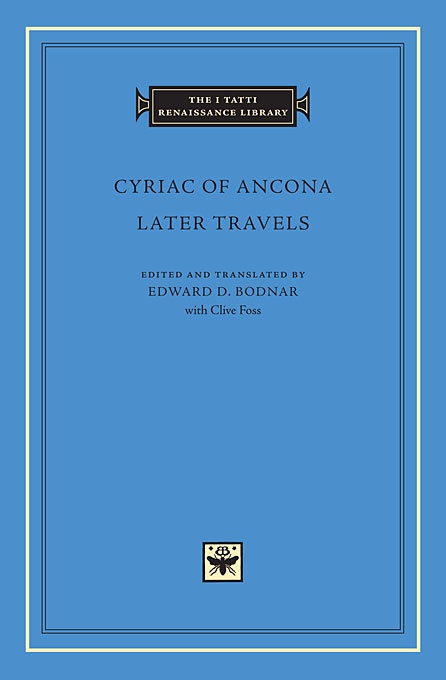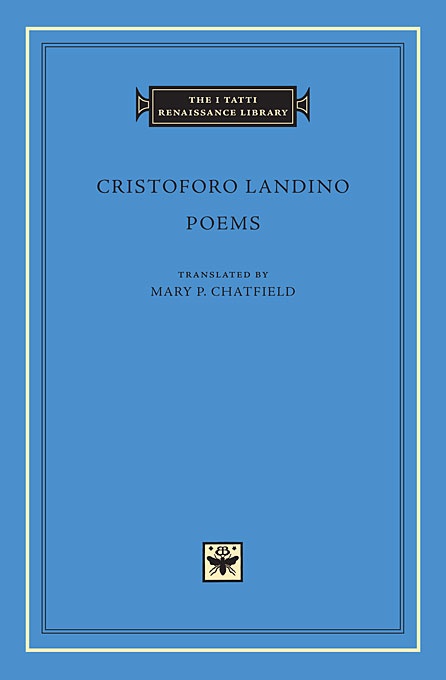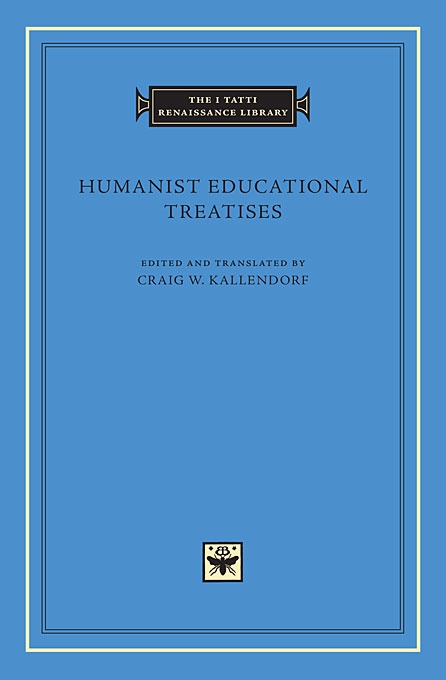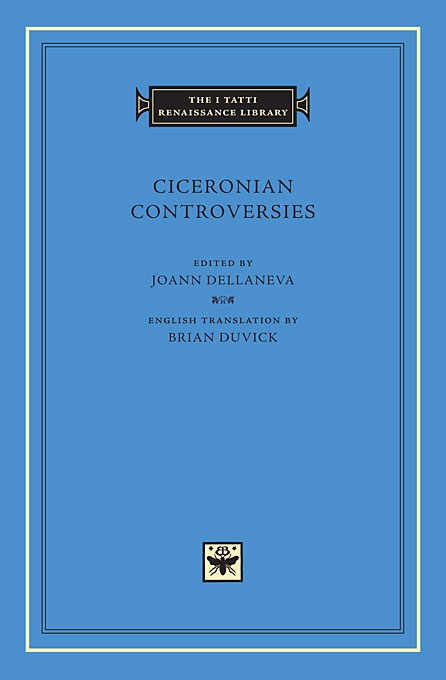I. Song of the Nereids / Carlo Malatesta -- II. On the treaty struck between the Christian leaders / Belisario Gadaldini -- III. Proteus / Cornelio Amalteo -- IV. [When nurturing Venus beholds the tragic ruin] / Marc Antonio Tritonio -- V. To those who died in the Holy War / Nicolo Paladino -- VI. [A city in mourning pays homage to Hector] / Alessandro Allegri -- VII. Hymn to Saint Mark and Saint Justina / Davide Podavini -- VIII. On Mustafa / Giovanni Canevari -- IX. [I am the moon; the fear of war has surrounded me] / Maffeo Galladei -- X. The council of the damned and Ali in despair / Giovanni Battista Oliva -- XI. On the painter portraying the same victory / Anonymous -- XII. On the action victory over the depraved fleet of Turks / Agostino Fortunio --XIII. To Sebastiano Venier, admiral of the Venetian fleet / Giovanni Battista Amalteo -- XIV. One hundred verses : to the city / Anonymous -- XV. [I will now sing of the happy deeds] / Anonymous -- XVI. Nautical eclogue, or The naval contest of the Christians and Turks / Giovanni Antonio Taglietti -- XVII. To the most reverend Paolo Odescalchi, Bishop of Penne and Atri / Giovanni Antonio Odescalchi -- XVIII. [The long-desired day at last dispelled the fading shadows] / Ottaviano Manini -- XIX. A shining song for the victor, John of Austria / Pompeo Arnolfini -- XX. The victory at Naupactus / Giovanni Baptista Arcucci -- XXI. Song on the victory of the Christian fleet / Guglielmo Moizio -- XXII. The song of John of Austria / Juan Latino -- Appendix I: Glossary of names and places -- Appendix II: Biographical information.
I Tatti Renaissance Library
2014. The Battle of Lepanto. Vol. 61. Cambridge, Massachusetts: Harvard University Press, 61, xxiv, 527 pages. Publisher's Version Abstract
. 2003. Later Travels. I Tatti Renaissance library ; 10. Vol. 10. Cambridge, Massachusetts: Harvard University Press, 10, xxii, 459 p., [10] p. of plates. Publisher's Version
. 2008. Poems. Vol. 35. Cambridge, Massachusetts: Harvard University Press, 35, xxv, 398 p. Publisher's Version
. 2002. Humanist Educational Treatises. I Tatti Renaissance library ; 5. Vol. 5. Cambridge, Massachusetts: Harvard University Press, 5, xvi, 358 p. Publisher's Version Abstract
. 2007. Ciceronian Controversies. Vol. 26. Cambridge, Massachusetts: Harvard University Press, 26, xxxix, 295 p. Publisher's Version Abstract
. 2011. Humanist Tragedies. Vol. 45. Cambridge, Massachusetts: Harvard University Press, 45, xliii, 339 p. Publisher's Version Abstract






